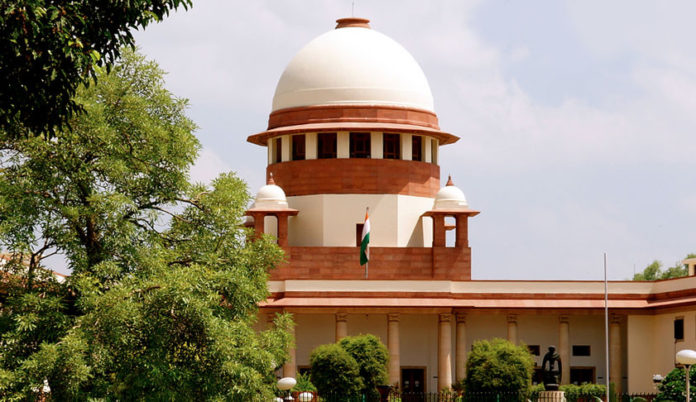In an altogether new development, the Congress led Chhattisgarh government has moved the Supreme Court against the National Investigation Act, 2008. The state government has stated that such an act is violative of the ideals enshrined in Indian Constitution. In its civil suit, the state government is reported to have said to the court that the NIA should have no power over matters relations to state policing.
This is the second event of this week in which a state government has dared challenged a central legislation under Article 131 of the Constitution. It was only in this week that the Kerala government had moved the Supreme Court against the Citizenship(Amendment)Act. The NIA is a law that governs the functioning of the country’s premier counter terror agency. It had been introduced in the Parliament by the then Home Minister P Chidambaram in the wake of the 26/11 attacks that had shaken Mumbai. The NIA was passed in the Parliament with little opposition. According to the act, the National Investigation Agency is the only true federal agency in the country along the lines of the FBI in the United States, more powerful that the CBI. The law also gives the NIA the power to take suo moto cognisance of terror activities in any part of the country and register a case and enter any state without permission from its government, and to investigate and arrest people.
The petition that the Chhattisgarh government has filed says that the NIA violates the Constitution and goes beyond the legislative competence of the Parliament. According to the state, the NIA 2008 allows the Centre to create an agency for investigation, which is a function of state police. It also states that it takes away the state’s power of conducting n investigation trough the police while conferring arbitrary powers on the Centre. The petition also states, “The provisions of the Act leave no room of coordination and pre-condition of consent, in any form whatsoever, by the Central government from the State government which cleat repudiates the idea of state sovereignty as envisaged under the Constitution of India.” The state has also objected to many provision and sections of the Act.














